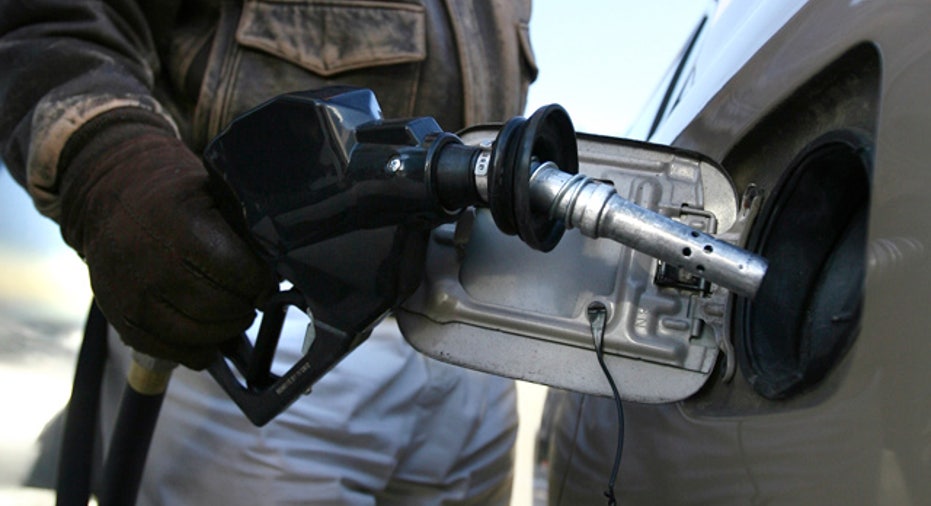Smaller Cars Gain Momentum as Gas Prices Continue to Rise

Prices at the pump are continuing to creep higher, with national prices up nearly ten cents to $3.96 from last week according to GasBuddy.com, and new economic data suggest consumers are turning to smaller cars to offset the rising cost of gasoline.
Gas prices have pushed some to lean toward compact cars, while those who can't give up their SUVs are looking at crossover vehicles, according to April industry data. Honda reported a 73% increase from last year in sales of its Fit model in April. CR-V crossover sales increased 30%, and Civic sales were up 7%. And Kia Motors saw a 41% hike in sales of its Sorrento crossover in April, compared with last year's sales, according to Edmunds.com.
General Motors saw sales of its trucks and SUVs down across the board in April, compared with the same period last year. And sales of Ford’s Fiesta subcompact model were up for the second month straight, according to Edmunds.com.
Senior Petroleum Analyst Patrick DeHaan of GasBuddy.com, said the trend of Americans favoring smaller cars will likely continue. Even if gas prices fall, chances are they will be back on the rise within weeks or months, DeHaan said.
"A lot of us should know better—gas prices tend to only go in an upward direction," he said. "It's good that people are looking at more fuel-efficient vehicles. It's one way to make the country less susceptible to relying on oil from the Middle East."
The average gas price nationwide is $3.96 this week, but in some states like California it is well over $4, according to GasBuddy.
DeHaan said at the national average, for a sub-compact or compact car, a visit to the pump can cost between $45 and $50 to fill up the tank. For something bigger, like an SUV, DeHaan said prices are between $75 and $80 to fill the car.
Smaller cars have between 25 and 32 miles per gallon fuel economy whereas SUVs have between 12 and 17 miles per gallon. For Americans making the switch to more fuel-efficient cars, the proof is in the money saved, DeHaan said.
"It's a $25 difference per fill up," he said. "If people fill up every week, that is saving about $1,300 a year. People keep a car for about six or seven years, and the difference in gas prices can be about $9,000 just in gasoline savings. For a lot of Americans $9,000 is not a small amount."



















